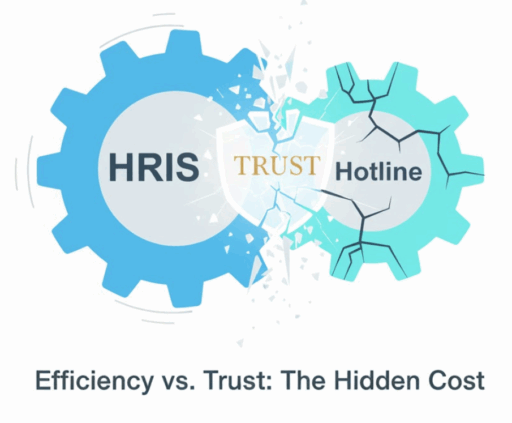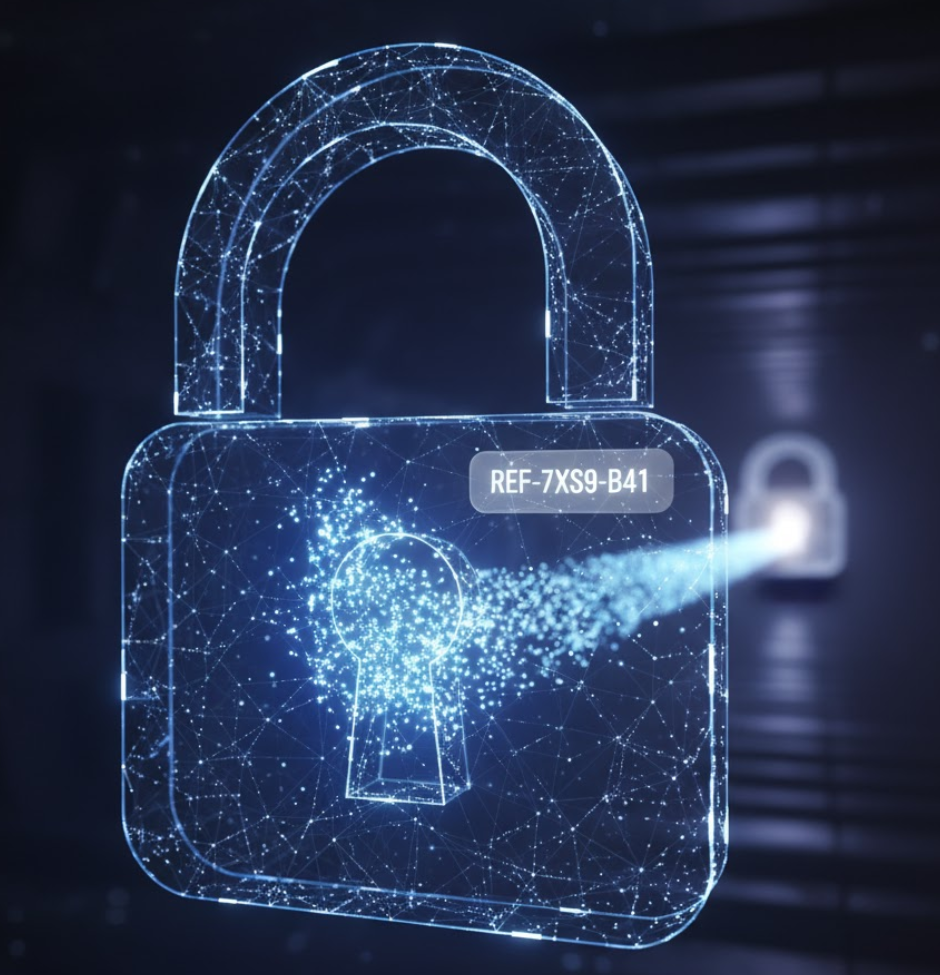
Organizations spend time, money, and energy trying to build a speak up culture where employees feel safe. They launch hotlines, train managers, and publish policies. But one decision—often made in the name of efficiency—can quietly undo all that work: integrating the hotline with the HRIS system.
On paper, integration looks smart. It promises streamlined workflows, fewer manual steps, and better reporting. But here’s the reality: when employees believe their hotline report is tied to the same system that tracks their pay, performance reviews, and disciplinary history, trust evaporates. And without trust, people stay silent.
The Perception Problem: “HR Owns My Report”
The biggest issue isn’t even technical—it’s psychological. Employees don’t think in terms of data architecture; they think in terms of risk. If the hotline feels like an HR feature, they assume HR can see everything. They imagine their report sitting next to their performance rating or their promotion eligibility. Even if the system claims anonymity, the perception is: “If HR controls the system, my identity isn’t safe.”
That perception alone is enough to stop someone from reporting. And it’s not just paranoia—employees know HRIS systems hold every detail about them: name, department, manager, salary, history. If a report mentions a specific incident or team, it’s easy to believe someone could connect the dots. When anonymity feels like an illusion, silence wins.
Independence Builds Confidence
The whole point of a hotline is to give employees a safe harbor—a channel outside normal power structures. When the hotline is clearly independent, employees feel protected. They trust that their report isn’t automatically linked to their HR file or visible to the same people who decide their raises.
That’s why third-party hotlines work so well. They create a firewall between the reporter and the organization’s internal hierarchy. Employees know their information goes to a neutral system, not the same database HR uses every day. That separation is what makes people feel safe enough to speak up.
HR Access: Too Many Eyes on Sensitive Data
HRIS platforms are designed for efficiency, not secrecy. Multiple HR staff often have access to different modules. When hotline data flows into that environment, the question becomes: who can see what? Even with permissions, the reality is that the same system HR uses for payroll and benefits now houses whistleblower reports. That proximity alone makes employees nervous—and rightly so, ultimately undermining your speak up culture.
Retaliation Fears Multiply
Fear of retaliation is the number one reason employees don’t report. And when reports live inside HRIS, those fears spike. Employees imagine subtle consequences: being passed over for a project, excluded from meetings, or getting lukewarm performance reviews. They worry that their report creates a permanent shadow in their record, influencing decisions long after the issue is closed.
Data Privacy and Employee Dignity
HRIS systems hold everything—social security numbers, health details, financial data. When you drop whistleblower reports into that same ecosystem, you blur boundaries employees expect you to respect. They want clear lines: what’s collected, why, who sees it, and for how long. Integration muddies those waters and signals that their ethical concerns are just another data point in an HR file.
The Cultural Message You Send
Perhaps the most damaging effect of integration is the message it sends: that speaking up is just another HR process. A true speak up culture requires visible commitment that ethical concerns get special protection. When the hotline looks like an HR feature, employees conclude the company values convenience over confidentiality. That perception is hard to fix with policy statements or training.
Efficiency vs. Trust: Which Matters More in a Speak Up Culture?
Yes, integration saves time. But what’s the cost? Every time an employee hesitates to report because they don’t trust the system, you lose visibility into risks that could harm your business. Misconduct festers, legal exposure grows, and culture deteriorates. The truth is, independence isn’t just an ethical choice—it’s a business advantage. When employees trust the system, they report early, giving you a chance to fix problems before they explode.
The Better Way: Structured Independence
You don’t have to choose between efficiency and trust. The answer is structured independence:
- Keep intake separate. Use a dedicated, independent hotline platform—not your HRIS.
- Integrate only when necessary. If HR needs data for a disciplinary action, transfer it after the investigation is complete—not at intake.
- Limit access. Only a small, trained team should see reports. Keep them out of the general HR ecosystem.
- Communicate clearly. Tell employees the hotline is independent, anonymous, and protected. Repeat it often.
- Show your commitment. Enforce anti-retaliation policies and share examples of fair resolutions.
Bottom Line
Integrating your hotline with HRIS might feel efficient, but it undermines the trust that makes a speak up culture possible. Employees need to believe their report is safe, separate, and shielded from the people who control their careers. When they trust the system, they speak up. When they don’t, they stay silent—and silence is expensive.
Learn how easy it is to establish a truly independent hotline: Contact Us.
Learn what Harvard Law School has to say about hotlines here.
Reach Us
Red Flag Reporting
P.O. Box 4230, Akron, Ohio 44321
Tel: 877-676-6551
Fax: 330-572-8146



